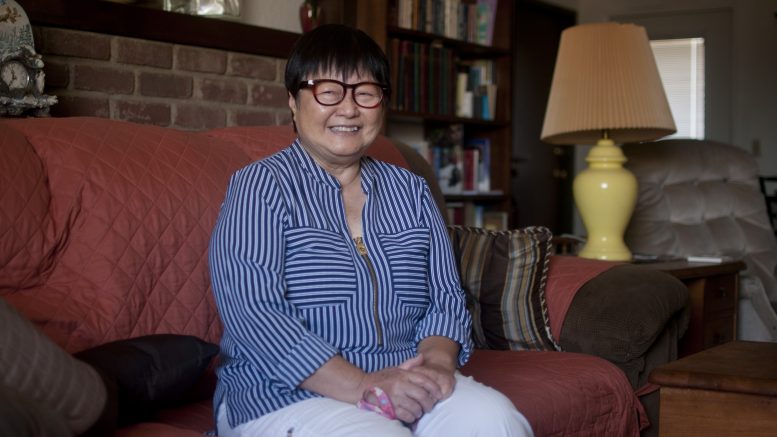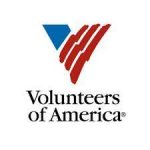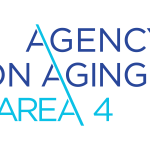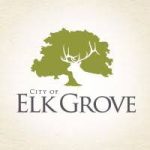VOA program helps find permanent, safe and affordable housing
“Golden years” are supposed to be the culmination of the American dream; a lifetime of hard work is rewarded by rest, relaxation and comfort. Unfortunately for many seniors, life is far from golden.
According to the National Low Income Housing Coalition, seniors make up 30% of extremely low-income renter households at or below the poverty guideline. This is often due to the fact that once work ends, the cost of living continues to increase — particularly housing and health care — and retirement incomes are eaten away by inflation.
Keiko gave up an international career with a multinational company to be a full-time caregiver for her aging parents in 2003. By the time her mother passed away in 2015, she had exhausted all of her savings and was unable to keep up with the second mortgage they had taken out on the house to get by.
“When she died, we lost the house. That kind of left me out in the cold,” Keiko says. “It was the time when I needed to gear up for retirement and save up and do all those planning things, but let’s face it: In real life, things don’t happen as planned.”
Out of financial options and without a home, Keiko was referred by Adult Protective Services to Volunteers of America’s (VOA) Senior Safe House. There, VOA helped her get back on her feet and find an affordable place to rent.
The Senior Safe House provides 30 days of shelter, food and support for up to six seniors. It’s operated in partnership with Adult Protective Services and works to get seniors such as Keiko into permanent, safe situations.
But with COVID-19 came more upheaval: The homeowner that Keiko was renting from lost her job and Keiko again lost her housing. Fortunately, she was able to return to the Senior Safe House until VOA was able to connect her with another affordable housing opening.
Keiko relies totally on Social Security for her income, putting market-rate apartments and houses out of her budget. She says an increase in affordable housing, such as the proposed 1212 Village, would be a welcome opportunity for low-income renters such as herself.
Spearheaded by VOA, the 1212 Village complex would create 75 new affordable housing units on Del Paso Boulevard in Sacramento. Besides homes to dozens of residents, the project would provide supportive services and connections for residents, including seniors.
California and Sacramento are facing a homeless crisis statewide and locally. By providing more affordable housing, we can keep people stably housed, including seniors, from slipping into becoming homeless at a great cost to society and our community.
“Producing affordable housing is a proactive solution to solving homelessness,” explains Doug Snyder, vice president, regional real estate development, Volunteers of America National Services. “In other words, when someone is homeless, we are in a reactive mode – and it’s much more difficult, complex, and costly to resolve or improve.”
Adds Keiko, “Seniors are the most vulnerable; we’re totally limited by our income. Can we go out there and work in the job market? Probably not, … I don’t know if anyone is hiring seniors.
“Volunteers of America, they really saved me from being out on the street, with their facilities and their connections,” she says. “I think it’s really important to know that this could happen to anybody, regardless of your education, regardless of your upbringing.”






























